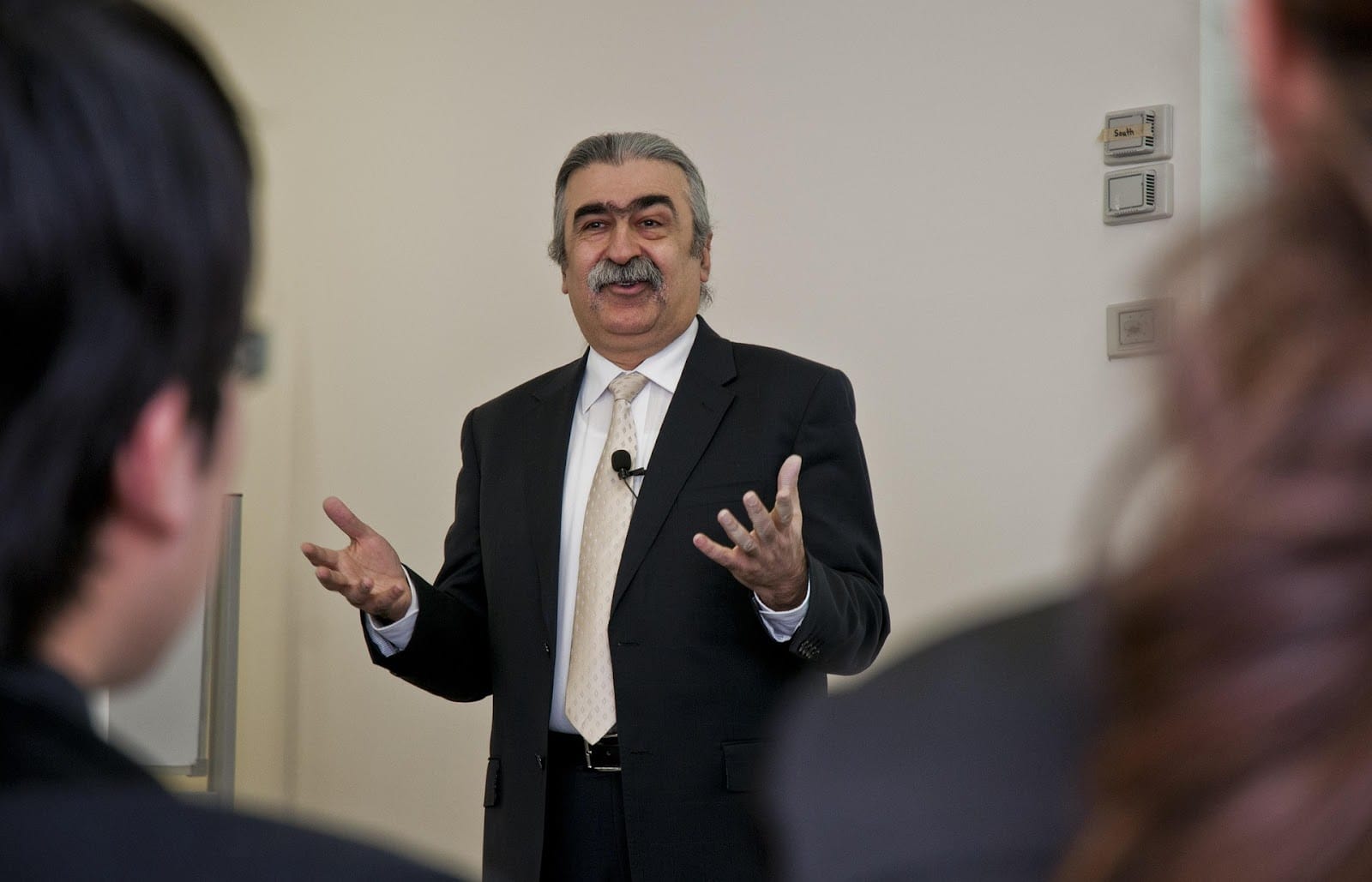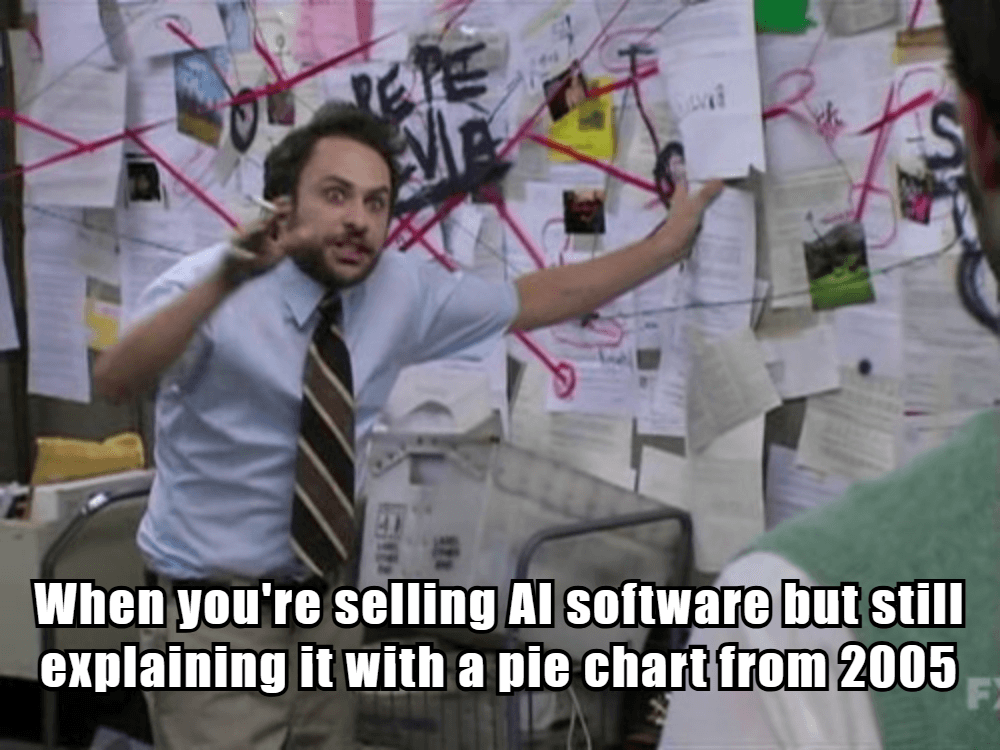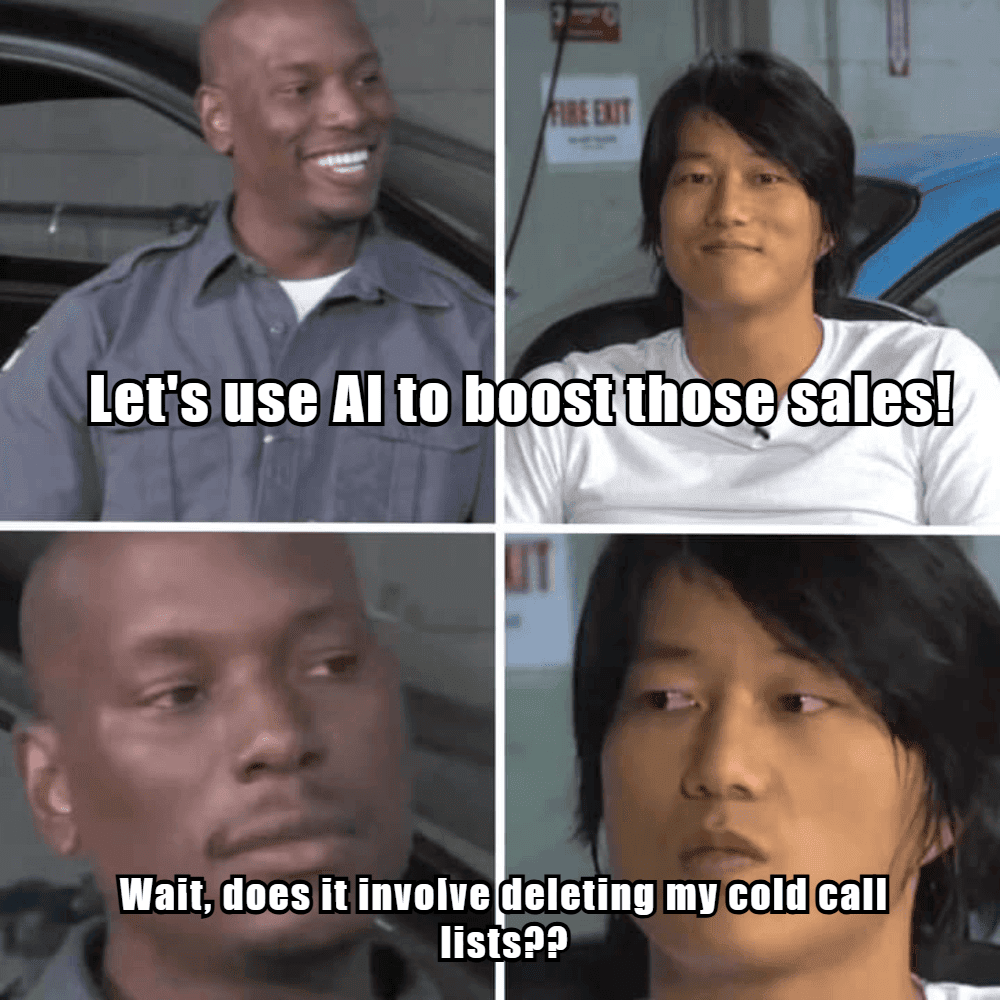The Sales Technology Speaker Checklist: Topics That Captivate Sales Teams
Sales tech is moving at lightning speed, and sales teams are under pressure to adapt, innovate, and deliver. In this fast-paced world, the right speaker can energise your sales force, inspire new thinking, and equip teams with practical strategies. But what makes a sales tech speaker truly compelling? This checklist covers the topics and best practices that top speakers use to engage, educate, and motivate sales teams in 2025.

Why Sales Technology Speakers Matter
A dynamic sales technology speaker does more than deliver a keynote; they set the tone for transformation. Whether at a sales kickoff (SKO), quarterly meeting, or specialized workshop, the right speaker can:
Motivate teams to embrace new tools and strategies
Demystify emerging technologies such as AI and automation
Share real-world case studies and success stories
Foster a culture of innovation and continuous improvement
Core Topics That Captivate Sales Teams
The best sales technology speakers tailor their content to the needs and challenges of modern sales teams. Here are the most impactful topics that consistently resonate:
1. AI-Driven Sales Strategies
Artificial intelligence is revolutionizing the sales process, from predictive analytics to automated lead scoring. Top speakers like Mike Cassidy and Chris Duffey focus on:
How AI can prioritize leads and streamline workflows
Real-world examples of AI boosting sales performance
Practical steps for integrating AI into daily sales activities
2. Personalization at Scale
With advanced sales technology, teams can deliver highly personalized experiences to vast audiences. Speakers highlight:
Using AI and data analytics to tailor outreach and follow-ups
Case studies of companies achieving higher conversion rates through personalization
Tools and tactics for segmenting and targeting prospects effectively
3. Automation and Workflow Optimization
Sales automation frees teams from repetitive tasks, allowing them to focus on relationship-building and closing deals. Engaging speakers cover:
Automating data entry, follow-up emails, and appointment scheduling
Leveraging automation to track and enhance the customer journey
Best practices for adopting and scaling automation tools
4. Data-Driven Decision Making
Data is the backbone of modern sales strategies. Speakers who excel in this area teach teams to:
Use real-time analytics to track KPIs and performance
Turn raw data into actionable insights for forecasting and strategy
Employ predictive analytics to identify high-potential leads and reduce churn
5. Omnichannel Sales Engagement
Today’s buyers interact across multiple channels. Captivating speakers illustrate:
Integrating email, social media, phone, and chat into a seamless sales process
Tools for managing and analyzing omnichannel engagement
Aligning sales and marketing for consistent messaging and data sharing
6. Consultative and Relationship-Based Selling
Consultative selling remains a cornerstone of sales success. Speakers often address:
Building trust and credibility with clients
Uncovering customer pain points and crafting tailored solutions
Moving beyond transactional sales to foster long-term relationships
7. Emotional Intelligence and Neuro-Linguistic Programming (NLP)
Soft skills are as vital as technical ones. Top speakers delve into:
Understanding and leveraging emotional intelligence in sales interactions
Using NLP techniques to build rapport and influence buyers
Recognizing and adapting to different communication styles
8. Account-Based Marketing (ABM) and Targeted Selling
ABM has become a critical strategy for B2B sales. Speakers share:
Identifying and prioritizing high-value accounts
Nurturing relationships with key stakeholders
Leveraging ABM platforms and data to personalize outreach
9. Sales Automation Tools and Lead Generation
Nothing excites sales teams like more leads and easier processes. Effective speakers discuss:
The latest sales automation platforms and their benefits
Techniques for automating lead generation and follow-up
Real-world results from companies using automation to scale sales
10. Classic and Modern Closing Techniques
Closing remains an art and a science. Speakers who can teach both traditional and innovative closing methods, such as the Ben Franklin Close or assumptive closes, add immediate value.

Speaker Engagement Checklist: Best Practices for Maximum Impact
Beyond content, the delivery and engagement strategies of a speaker are crucial. Here’s a checklist to ensure your sales technology speaker makes a lasting impression:
Before the Event
Know the Audience: Research the sales team’s experience, industry, and pain points to tailor the message.
Set Clear Objectives: Define what success looks like—motivation, learning, or actionable takeaways.
Promote the Event: Use social media, email, and internal channels to build anticipation.
During the Event
Start with Engagement: Open with a compelling story, question, or visual to grab attention.
Incorporate Collaboration: Use group discussions, live polls, or role-playing exercises to foster participation.
Leverage Visuals: Support key points with images, videos, and infographics rather than text-heavy slides. A photo editor can help you enhance these visuals by adjusting lighting, cropping distractions, or adding overlays and text for clarity. Well-edited images can make your presentation more engaging and professional.
Read the Room: Adapt delivery based on audience feedback and questions.
Provide Takeaways: Summarize key points and offer actionable next steps.
After the Event
Follow Up: Send personalized emails, connect on LinkedIn, and share additional resources.
Solicit Feedback: Gather input to measure impact and identify areas for improvement.
Reinforce Learning: Share recap notes, recordings, or further reading to deepen understanding.
Interactive and Fun Topics to Boost Engagement
Keeping sales teams engaged requires creativity. Speakers often use:
Sales Trivia or Quiz Shows: Gamify learning about products and industry trends.
Sales Pitch Showdowns: Encourage friendly competition and public speaking practice.
Sales Bingo: Make learning objectives and milestones fun and rewarding.
Guest Speakers and Customer Panels: Bring in diverse voices for fresh perspectives.
Emerging Trends: What’s Next in Sales Technology Speaking
As technology evolves, so do the topics that captivate sales teams. Watch for speakers who address:
Ethical AI and Bias Mitigation: Exploring the responsible use of AI in sales.
Explainable AI: Making AI-driven recommendations transparent and understandable.
Digital Sales Transformation: Adapting to remote and hybrid selling environments.
Building a Personal Brand: Empowering sales reps to stand out online and offline.
Sample Speaker Session Structure
A well-structured session maximizes impact. Consider this flow:
Engaging Introduction: Story, question, or surprising statistic
Current State: Highlight challenges and opportunities in sales technology
Key Topic Deep Dive: Focus on one or two high-impact areas (e.g., AI in sales, personalization)
Interactive Exercise: Role-play, group discussion, or live demo
Real-World Case Study: Share a success story relevant to the audience
Actionable Takeaways: Clear steps for immediate implementation
Q&A and Networking: Foster dialogue and peer learning

Choosing the Right Speaker: What to Look For
When selecting a sales technology speaker, prioritize:
Relevant Experience: Sales and technology innovation experience.
Engagement Skills: Can connect, entertain, and motivate any audience.
Practical Insights: Actionable strategies, not theory or hype.
Customization: Will customize content to your team.
Follow-Through: Provides resources, follow-up, and ongoing support.
Conclusion
The sales technology landscape is more complicated and more exciting than ever. The right speaker can cut through the noise, inspire your team, and drive real results. By following the topics and engagement strategies in this checklist, you’ll make your next sales meeting not only memorable but transformational. From AI and automation to emotional intelligence and creative engagement, today’s best speakers give sales teams the mindset and tools to succeed in a changing world.